AI shopping agents are no longer science fiction: RTIH presents the retail technology week in numbers
Do you like numbers? Do you like retail systems news? Then this is the article for you. Including Kingfisher, Asda, DP World, Zebra Technologies, Amazon Just Walk Out technology, Visa, Valtech, Exotec, Sweetgreen, Wonder, Jysk, Lidl Ireland, Zilch, and Incogni.
$176.7 million...Zilch (a FinTech firm that launched in 2020) has raised $176.7 million in debt and equity. Led by KKCG, the round includes participation from BNF Capital, and several other investors. It also includes the expansion of its securitisation led by Deutsche Bank.
This follows the recent launch of Intelligent Commerce, an AI powered platform that turns live engagement data into real-time insights and is a response to the booming agentic commerce landscape. Zilch Pay, meanwhile, is set to launch in H1 2026, and will provide a one click checkout experience for customers.
“In just five years, we have rewired the relationship between brands and their customers, offering a different way to pay that brings mass benefits to both consumers and merchants.” says Philip Belamant, CEO and Co-Founder at Zilch.
“This funding reflects strong confidence in our team, strategy and execution, enabling us to continue scaling at pace. Our newly launched products are already driving outsized growth, and with the support of a world class group of debt and equity investors, we’re well positioned for the next phase of expansion.”
“In a market where many have found raising capital difficult, the network and strategic leadership of my co-founder, Sean O’Connor, have been instrumental in helping us achieve this outcome and we are excited for the year ahead.”
28% of UK adults are happy for AI shopping assistants to automatically make purchases without their permission, as consumer trust in AI shifts from product recommendations to purchases. Of those onboard with automated purchases, 76% said they’d part with up to £99, matching the current limit for contactless payments.
New research, commissioned by Kingfisher - owner of B&Q and Screwfix - in partnership with author, event speaker and former IBM executive, Andrew Grill, found that 58% of Brits are happy with AI recommending products when shopping.
38% are fine with these recommendations being added to their basket. Digital native 18- to 24-year-old shoppers are most comfortable with embracing AI whilst shopping, with 75% OK with AI recommendations and 52% happy to let AI buy on their behalf.
The research, which polled 2,000 UK shoppers, found speed and convenience are key here, with 45% preferring to shop in-store so they don’t have to wait for delivery, while 32% say faster delivery impacts their decisions on where to shop for home improvement products.
More broadly, the research explored how customer demand for in-store technology is changing, whilst the fundamentals of great customer service remain important for home improvement shoppers.
30% of consumers want to see tech that removes friction like ‘smart’ trolleys and baskets that track prices of items automatically, whilst 18% want shelves that self-update with personalised offers, dynamic pricing and stock tracking. However, when it comes to home improvement advice, 45% say a human expert is still their most trusted source.
93% ane 91%...As retailers enter the final weeks of the 2025 peak selling season, new research from DP World shows that 93% are still taking a reactive or ‘firefighting’ approach to operations, while 91% have suffered revenue losses linked to supply chain or transport challenges.
The company’s report draws on findings from a wider study of 680 senior logistics professionals and decision-makers across eight industry verticals.
The findings show that despite early preparations for the year’s busiest period, most retail supply chains remain reactive and stretched. 84% of retailers have seen a rise in customer complaints linked to delivery performance, while nearly two-thirds have had to escalate logistics issues to board level in the past three years.
These risks carry real financial consequences: revenue losses linked to transport issues now threaten peak season margins at a time when customer expectations and competition are highest.
38%...New data from Gophr reveals that its courier job volumes in London are up 38% year-on-year, with growth in the pre-8am window surging fastest of all.
Early morning deliveries now account for more than twice as many jobs as evening runs, marking a 33% year-on-year rise in London’s early hour activity. It suggests the capital’s “early riser workers”, ranging from tradespeople to medical couriers, are fast becoming the driving force behind London’s ‘hidden economy’.
Gophr analysis also reveals that coffee chains are seeing their longest queues before 8am in courier hotspots, with Greggs peaking just after 07:30 and Pret, Costa and Starbucks busiest from 08:00–09:00.
A city’s hidden economy is its unseen pulse, the behind the scenes movements and workers that keep it running outside of the nine-to-five; from couriers and taxi drivers to bar staff and coffee shop owners.
London’s reputation as a 24-hour city might have been built on its night time economy, but this only tells half the story, with Gophr’s data indicating that the early hours are where the hidden economy is really coming alive - putting the wheels in motion for the day before most commuters have left home.
1...Levy Merchandising, in partnership with Wolves, recently launched a city centre pop-up store, powered by Amazon's Just Walk Out technology.
The move saw Wolves officially become the first Premier League football club to offer this frictionless shopping experience in a retail setting.
The temporary store, open only on Saturday, 25th October, and Sunday, 26th October, at the Mander Centre in Wolverhampton, coincided with a match day weekend.
Taking over a 4,500 sq. ft space, it tapped Amazon's Just Walk Out technology to let customers select merchandise - from the latest kits to festive gifts - and exit without queuing. The system automatically detected the items taken and charged the customer's preferred payment method.
"This was a major step forward in delivering a best-in-class fan experience," says Dan McGinley, Head of Operations at Levy Merchandising. "Partnering with Amazon to bring their Just Walk Out technology to a Premier League retail environment for the first time was incredibly exciting. The successful weekend showed that fans truly value the speed, convenience, and modern retail experience we delivered."
87%...Zebra Technologies has unveiled the findings of its 18th Annual Global Shopper Study, which surveyed over 4,200 respondents from North America, Latin America, Europe, and Asia-Pacific.
This shows Gen AI and automation solutions emerging as critical tools, with 87% of retail leaders citing their importance in loss prevention efforts.
“Retail’s future belongs to those who connect the physical and digital worlds through intelligent workflows,” says Matthew Guiste, Global Retail Technology Strategist, Zebra Technologies. “With AI, automation, and improved workflows, retailers can reduce loss and deliver the fast, seamless, and personalised experiences that today’s shoppers demand.”
The data indicates shopper satisfaction levels have improved in Europe, climbing to 80% (79% globally) for in-store experiences, compared to 76% last year and 84% in 2023. However, satisfaction levels for online experiences declined to 74% (73% globally) compared to 76% last year and 82% in 2023.
The research also highlights a shift in shopper priorities. While increasingly drawn to convenience, speed, and value, nearly eight in ten shoppers prioritise discounts and promotions as inflation pressures persist.
At the same time, European consumers demand operational excellence, expressing frustration with out-of-stocks(67%), locked-up products (72%) or a lack of self-checkout lanes (62%).
£48,000...A new report from Visa showcases how TikTok creators are actively developing business skills, blending self-taught lessons and peer learning, particularly in areas like contract negotiation and financial management.
This drive is turning into tangible success, with the report revealing the majority of UK-based creators (1,000 were surveyed for this) earn £1,600 or more per month, with 34% receiving between £1,600 and £3,999. 88% of creators worldwide are expecting their revenue to increase over the next year.
More than a third of those in the UK are pulling in between £19,000 and £48,000 a year.
The report also highlights that UK creators are asserting their role in the business ecosystem, with 73% viewing their content creation as a small business and 54% identifying as successful entrepreneurs.
Lucy Demery, Head of Visa Commercial Solutions, Europe at Visa, says: “UK creators are thriving - earning more and reaching global audiences like never before and fully deserving their status as real businesses. Their momentum highlights the UK’s leadership in the creator economy, and we’re committed to delivering innovative tools that help them grow, scale, and lead worldwide.”
One in seven...UK consumers are missing out on personalised shopping experiences as retailers admit they’re stuck doing the basics.
That’s according to a new Valtech report based on a survey of 700 retail decision-makers across North America, Europe, LATAM, Asia, and MENA. Despite years of investment, many brands report ongoing data and integration challenges that may threaten to limit the effectiveness of personalisation.
Figures show that although most retailers continue to develop their personalisation offers and strategies, just over a third describe their efforts as “advanced”. In fact, only one in seven says they have fully embedded it across all their channels and touchpoints.
Most continue to rely on email campaigns (36%), loyalty programmes (35%), and basic behavioural targeting (34%), while at the same time, measurement practices remain surface-level: 39% track conversion rate improvements, 38% monitor CSAT/NPS, 27% measure repeat purchases, and only 21% track customer churn.
Even among large, digitally mature retailers, delivering a seamless omnichannel experience remains a challenge. While 46% describe their customer experience offering as “fully unified across all touchpoints,” 35% admit ”gaps exist” in integration, and 19% still operate with “basic, siloed or entirely independent systems”.
When asked about potential challenges, 96% reported at least one significant obstacle, with the most common being customer identity consistency (17%), data integration between systems (16%), inventory visibility (12%), and measurement or ROI clarity (10%).
300...Asda has signed a new multi-year preferred partner agreement with Uber Direct, Uber’s white label quick commerce service, to increase the number of locations offering rapid delivery.
Uber Direct and Asda have worked together since 2021, when the grocery retailer first launched its on-demand proposition. Asda now lays claim to one of the largest same-day delivery offerings in the UK market, and this forms one of the core pillars of its online business.
The extended tie up will increase the availability of its Express Delivery service, involving its conviences stores offering and powered by Uber Direct’s courier network - the same one that is used by Uber Eats. This is also enabling Asda to fulfil large basket orders nationwide.
The service originally enabled orders to be delivered from approximately 300 superstores across the UK, and this was expanded to ten new superstore locations in H2 2025. The plan is to now expand the proposition to more locations in 2026.
920...Danish home furnishing retailer Jysk reports that one of the biggest IT projects in its history is now complete in its biggest market.
Germany has gone live with its Enactor powered unified commerce platform which now connects more than 920 Jysk stores into one system.
“Welcoming Germany on our unified commerce platform is a fantastic milestone for us. With more than 920 stores, Germany is our largest market, and completing this roll-out marks the successful delivery of one of Jysk’s biggest IT projects to date,” says EVP in Retail, Customer Service & B2B Mikael Nielsen.
“This step brings us even closer to our goal of offering a unified, efficient, and customer focused shopping experience in every Jysk store in Germany. Whether customers shop online or in-store, they’ll now enjoy the same stock information and service options which is all connected in real-time,” says Country Director in Germany, Christian Schirmer.
1...Lidl Ireland is laying claim to Ireland’s first net zero energy supermarket.
The new loaction in Maynooth, Co. Kildare is pitched as a huge step forward on its Road to Zero journey – combining forward thinking design, renewable energy generation and the most advanced sustainability features ever implemented in a Lidl store.
Key highlights include:
- 575 kWp rooftop solar PV system - 2.5× the standard store size
- On-site battery storage (215 kWh) powering the store for up to six hours
- 40% reduction in energy consumption vs. a standard store
- 25% reduction in embodied carbon through sustainable construction materials
- Green travel options including EV charging, e-bike/scooter and cargo bike spaces
- Biodiversity focused landscaping, green walls and rainwater harvesting systems
- BREEAM Outstanding certification
$186.4 million...US-based healthy eating restaurant chain, Sweetgreen, has entered into an agreement with Wonder, a food delivery and technology startup founded in 2018 by former Walmart U.S. eCommerce executive, Marc Lore, to sell the company’s Spyce business responsible for developing and launching Infinite Kitchen technology.
Sweetgreen says that the $186.4 million deal will enable it to reinvest in key priorities and sharpen its focus on growth and profitability. It bought startup Spyce in 2021 for approximately $70 million
It will receive $100 million in cash plus shares of Series C preferred stock of Wonder with an implied value of $86.4 million based on the price per share at which shares were issued by the latter to cash investors in its most recent equity financing.
Sweetgreen has put in place a supply agreement and license agreement that will allow it to continue to deploy Infinite Kitchens across its restaurants. As part of the agreement, 38 Spyce engineers and support staff, including co-founders Michael Farid, Kale Rogers, Brady Knight, and Luke Schlueter, will transition to Wonder.
2...Exotec, a specialist in warehouse robotics, has announced two key executive appointments.
Renata Spada joins as Chief People Officer, while Aurelie Clerquin has been promoted to Executive Vice President of Finance.
The appointments come as Exotec looks to accelerate its global footprint - particularly in the United States - by investing in talent development and performance management frameworks.
Expanding beyond its European origins is central to its long-term growth strategy, and both Spada and Clerquin bring experience from global organisations.
While 95% of Americans are concerned their data could end up in a breach, 78% are still willing to share personal information for discounts, perks, or free shipping.
Shoppers are often asked to volunteer personal information for discounts or access to content and rewards. It has become so routine that few likely consider the implications before doing so.
Incogni surveyed over 1,000 Americans across age, income, and location demographics.
Key findings:
51% of Americans shop online at least once a week, with millennials (64%) being the most frequent shoppers.
78% are willing to trade personal data, such as names, addresses, and phone numbers, for shopping perks, with Millennials (82%) being the most likely and baby boomers (72%) the least likely.
19% would share their data for just a 10% discount.
95% worry about retailer data breaches, yet 60% of Americans consider it at least somewhat acceptable to have their personal data shared with a third party by the retailer.
Only 20% of shoppers understand how retailers use their data, with most unaware of cross-platform tracking or data broker sharing.
Trust varies widely by retailer type: Grocery chains are the most trusted (83% moderate or high trust), while foreign marketplaces are the least (44%).














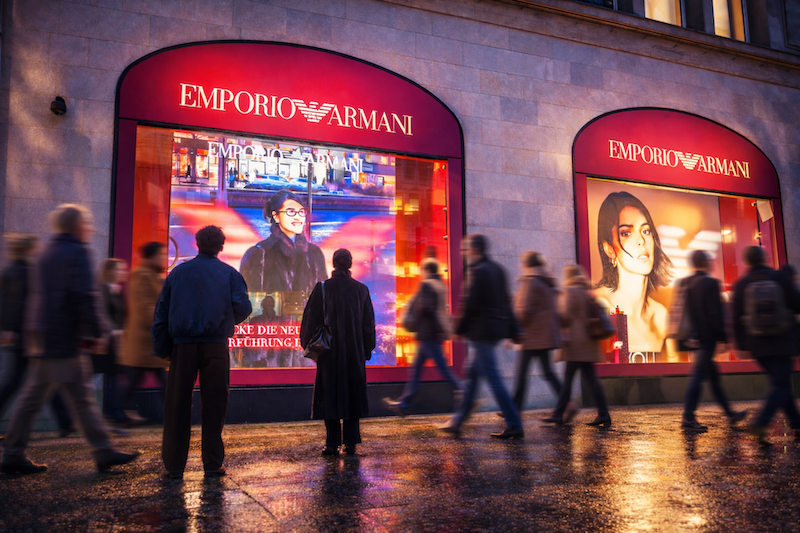


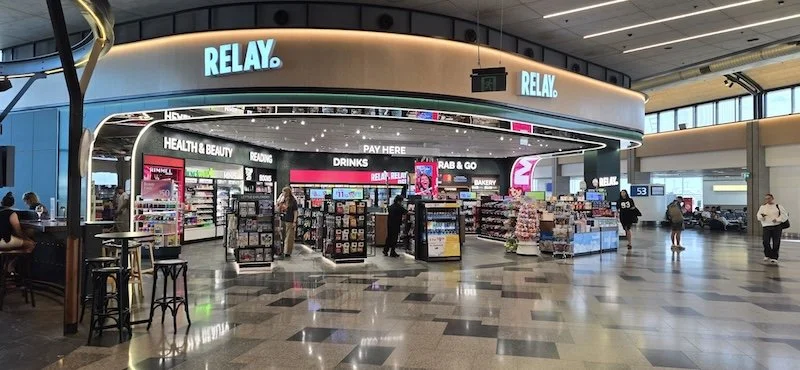

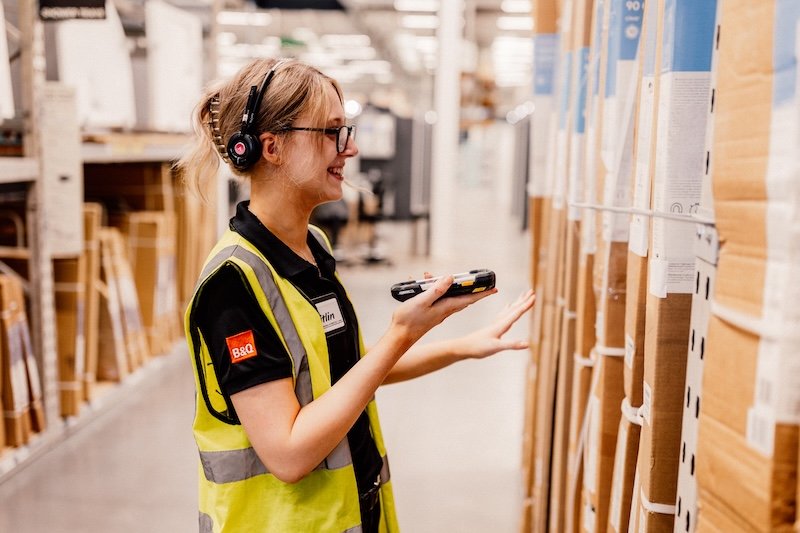
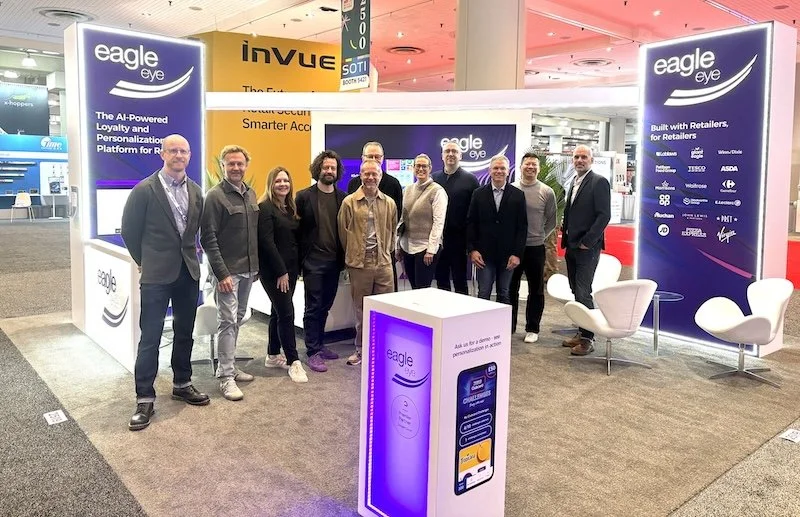
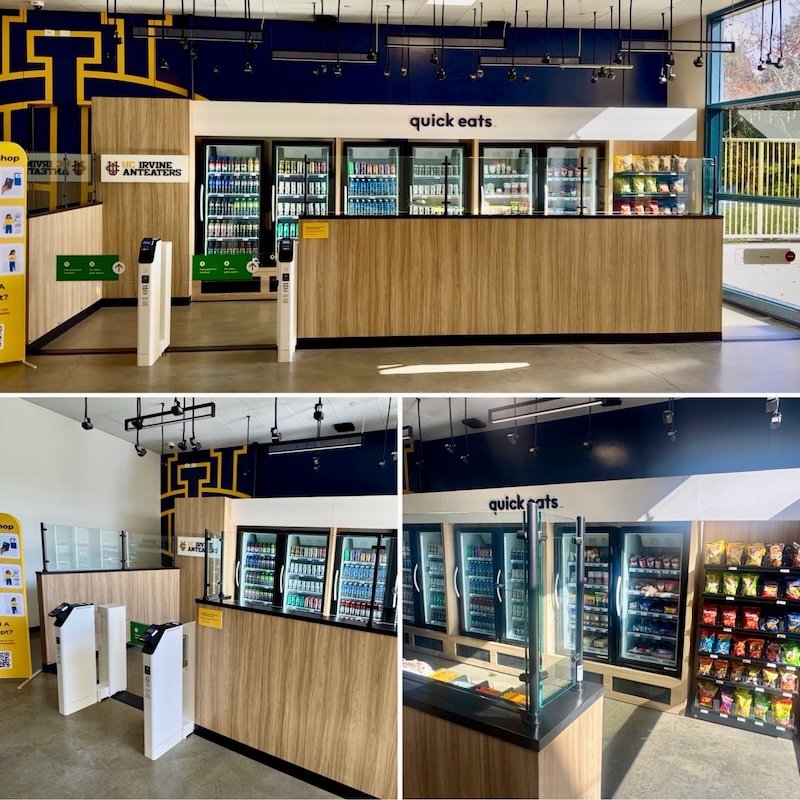
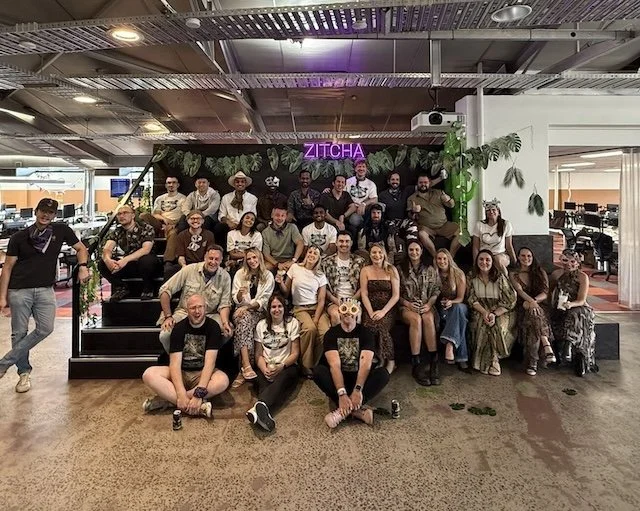




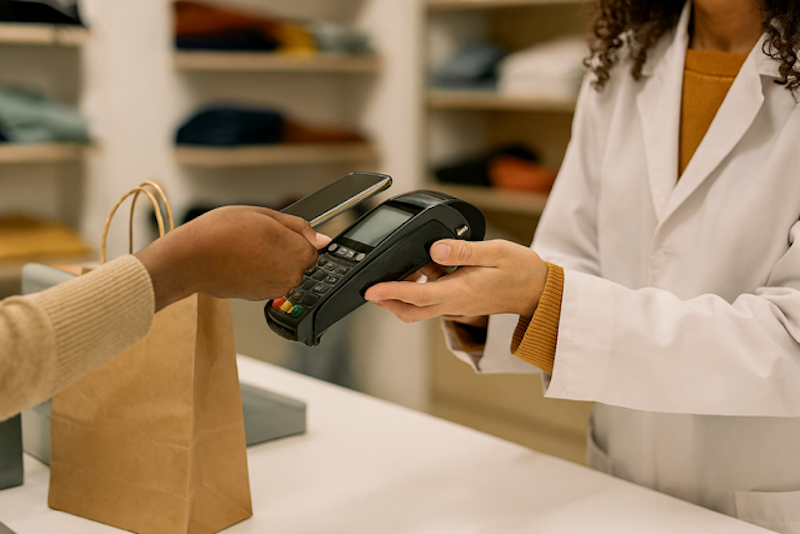
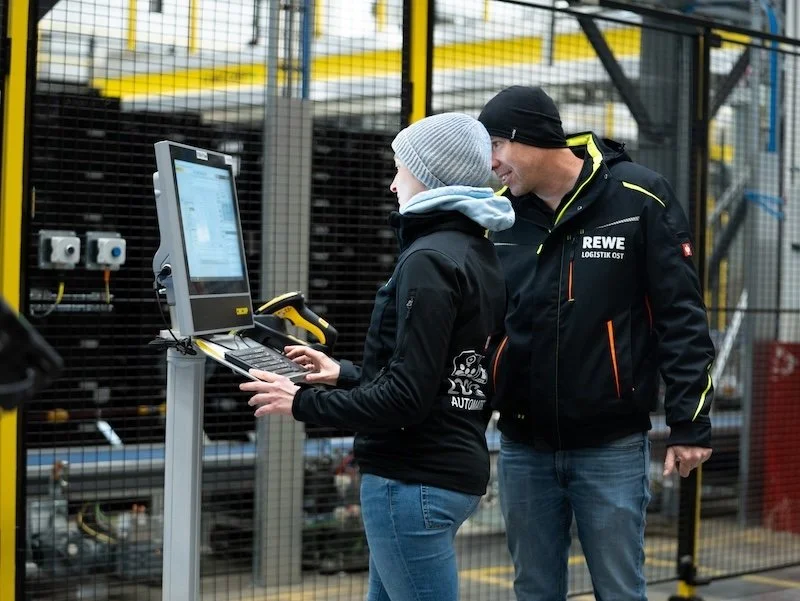
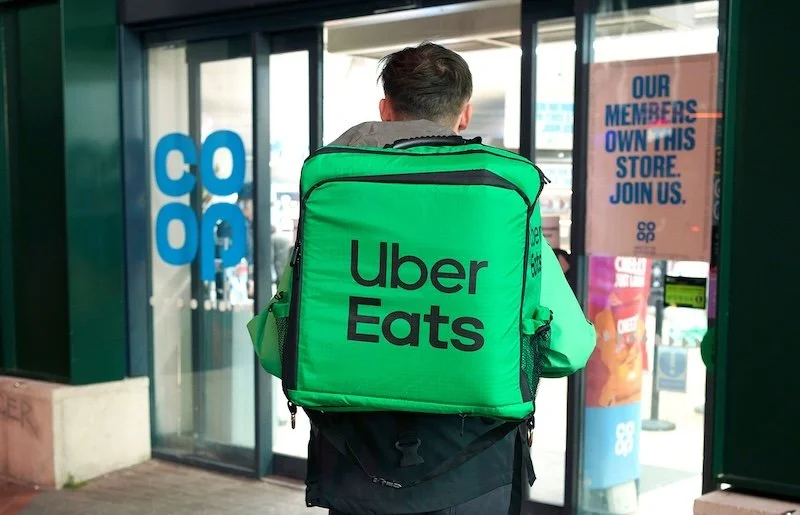


Continue reading…